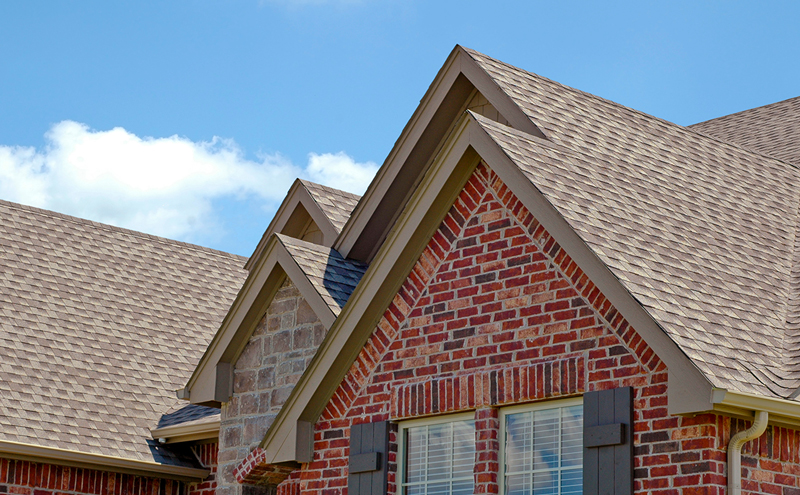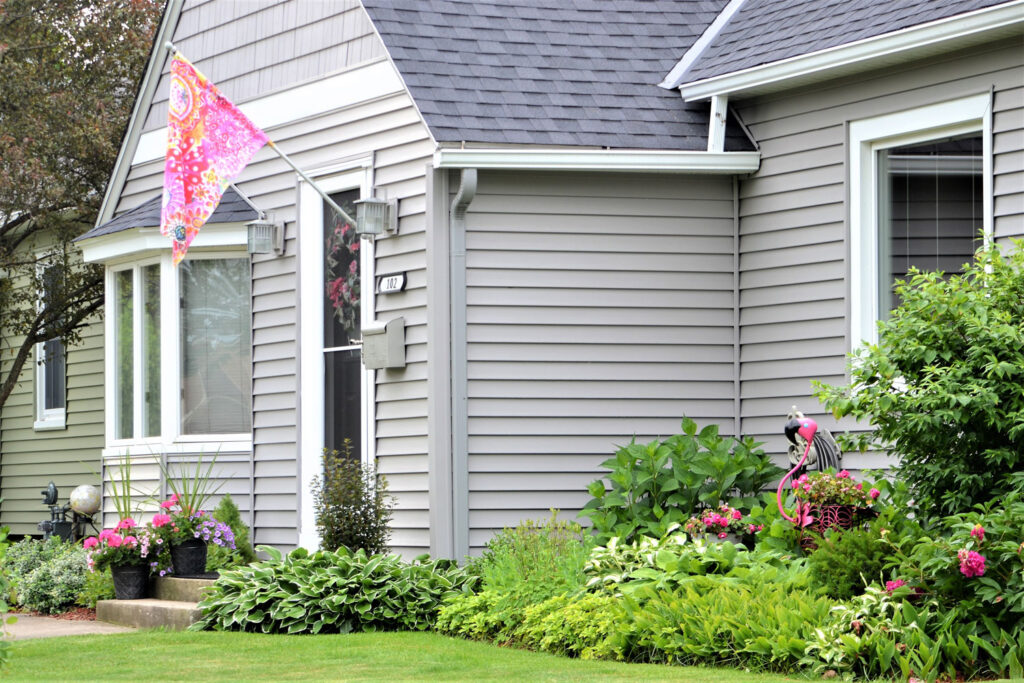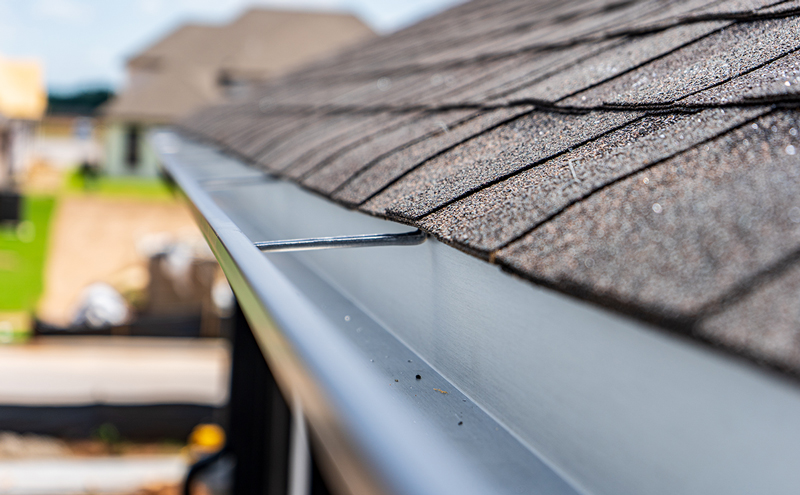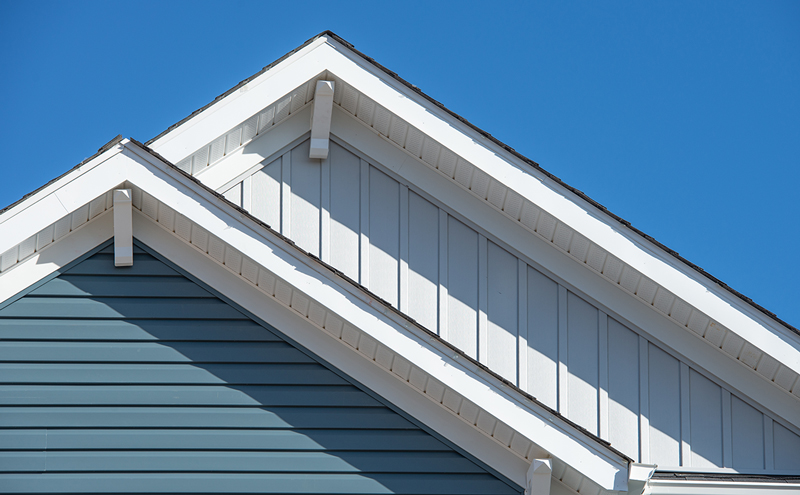Residential
Residential Roofing and exterior services
When you hire a company for a roof repair or replacement, you deserve better than delayed timelines and discarded shingles littering the yard. You deserve someone you can trust to get it done on time, on budget and with care.
At Ferguson Roofing, we hold ourselves to the highest standards. We show up on time, with a smile. We arrive prepared and we work diligently until it’s done. We strive to serve you with the utmost respect for your time, money and home. Ferguson is the partner you can trust to do it right.

residential Roofing
We have been working in the roofing industry for more than 80 years, and we know what it takes to get the job done right. No matter your unique needs, we can help.

Residential Siding
Our expert siding services offer high-quality materials and professional installation to ensure your home remains safe and dry while boosting its aesthetic value.

residential GUTTERS
If your gutters aren’t functioning properly, you may end up with costly foundation issues due to water damage. We’ll make sure you have the right system in place to avoid it.

Residential Exteriors
Every part of your home’s exterior has an important purpose. We’ve got the expertise to repair any existing damage and protect your home from future issues.